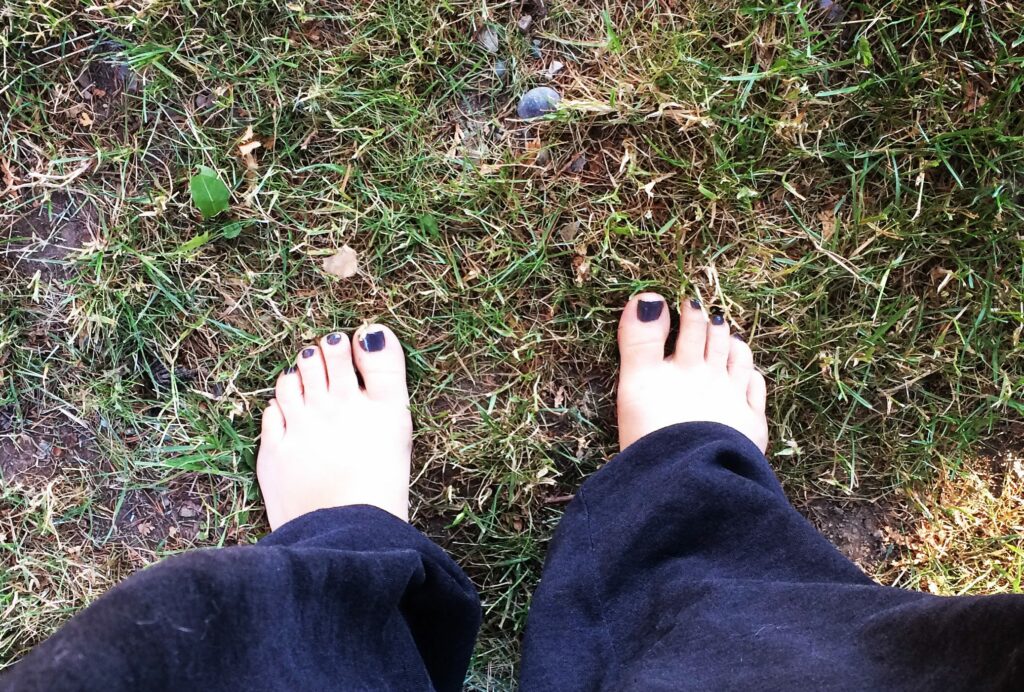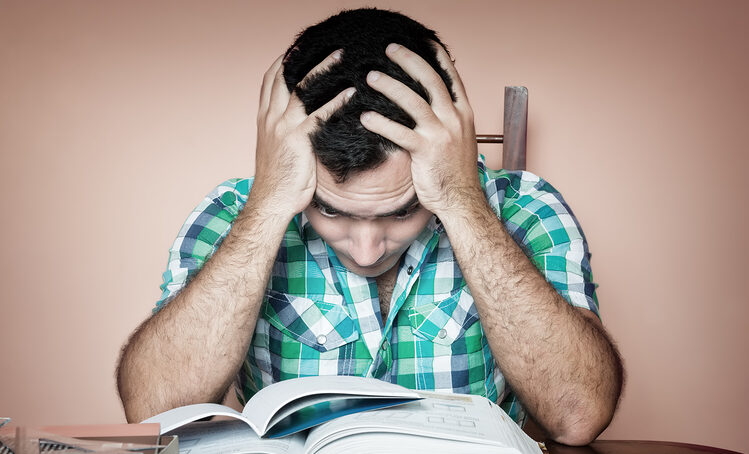
Today’s society is very go, go, go, and often, we put ourselves last due to the demands of life itself. Individuals can be left feeling burnt-out, tired, drained, and overwhelmed. When we over-burden ourselves and drive ourselves to the point of exhaustion, it can be difficult to bounce back. By practicing some “self-care” every day, it can help to prevent you from reaching this breaking point.
5 Ways to Practice Self-Care
- Eat Well – your gut can be the gateway to overall health. By eating a well-balanced diet that is right for you, you can help your stress, mood, energy, sleep and overall health. By speaking to a naturopathic doctor or a holistic nutritionist, you can determine a plan of action on how to best eat for your health situation.
- Exercise – exercise can be a great outlet for stress and aid with overall health. When we look at aerobic exercise (for example, walking), we see many great benefits including reduced stress, depression, and anxiety. In addition, exercise can give you the energy you need to accomplish your to-do-list that may be adding to your stress.
- Ask for Help – Asking for help is not easy for a lot of people but it can make a big difference when you are feeling overwhelmed. Asking for help is not a sign of weakness. It provides you with the potential for more support when you need it most. Asking for help may also include going to see a health care professional, such as a Naturopathic Doctor, to help you with stress management, work-life balance, pain, mood, energy etc.
- Pace Yourself – Many people rush to get things done saying that there are not enough hours in the day, there is too much to do, etc. If you constantly run in 5th gear, you may find that you are worn out much quicker. Pacing yourself and accomplishing a set amount each day can provide space for you to recover. It is also important to forgive yourself for items you may not have accomplished especially if you take time for yourself. Time for yourself is necessary recuperation time and is justified. It is important to put yourself higher on your priority list.
- Leave Work at Work – For some individuals that run their own business or feel like they mentally carry their work home, this is much easier said than done. Try not to bring the concerns of work home with you and instead leave it at the workplace. Use the commute home to be your dividing line or find other constructive tangible ways to create a separating point between work and home. This can help decrease the burden that you carry when you get home. It helps to separate work-life from home-life. Ultimately, we need to start to establish healthy boundaries between work and home, and this conversation may even extend itself to other areas of your life where you need healthy boundaries.
If you benefitted from this blog, Dr. Elisha Cook ND will have her book published soon that has information like this AND MORE. Contact us by emailing info.pnhc@gmail.com or through the contact portion of our website. Let us know if you want to be a part of her launch team and get early access to her book!
Have you benefited from reading this blog? Know someone that would benefit as well? Share this article with someone who you think might benefit from the information and let me know what you think.
Some of the information provided above may not be appropriate for everyone, please consult with your doctor before trying any of the above. If you are interested in Naturopathic Medicine and wanting a different approach to your health care needs, contact Dr. Elisha Cook ND by calling/texting 226-232-7665 and book your appointment today!



